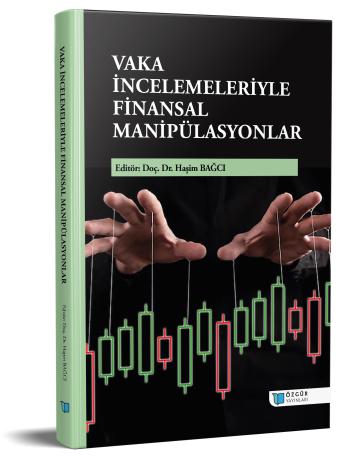
The WorldCom Scandal
Chapter from the book:
Bağcı,
H.
(ed.)
2024.
Financial Manipulations with Case Studies.
Synopsis
The establishment of a sustainable global financial system can be achieved through the application of accounting rules to corporations and the prevention of financial statement fraud. The reliability, transparency, and uniformity of financial statements are crucial not only for determining corporate financial performance but also for decision-making processes involving users of financial information. Manipulation of figures in financial statements can initially create seemingly positive situations such as overpricing of securities, excessive borrowing by companies, avoidance of bankruptcy, access to low-interest debt, artificial performance boosts by managers, and unwarranted bonuses and promotions for executives. However, these ostensibly positive circumstances can rapidly deteriorate upon the exposure of financial statement fraud.
The WorldCom scandal underscores the importance of transparency in the reliability of corporate financial statements and provides a robust foundation for research on financial statement fraud. Therefore, the aim of this study is to evaluate the scandal by conducting a literature review on the Worldcom scandal. In this study, the history of the company, the emergence of the scandal and its effects, and the precautions taken for the scandal are examined in detail.
The bankruptcy of WorldCom, a telecommunications company, not only raises concerns about the reliability of the financial reporting process but also highlights the roles of managers, auditors, regulators, and analysts within this process.

